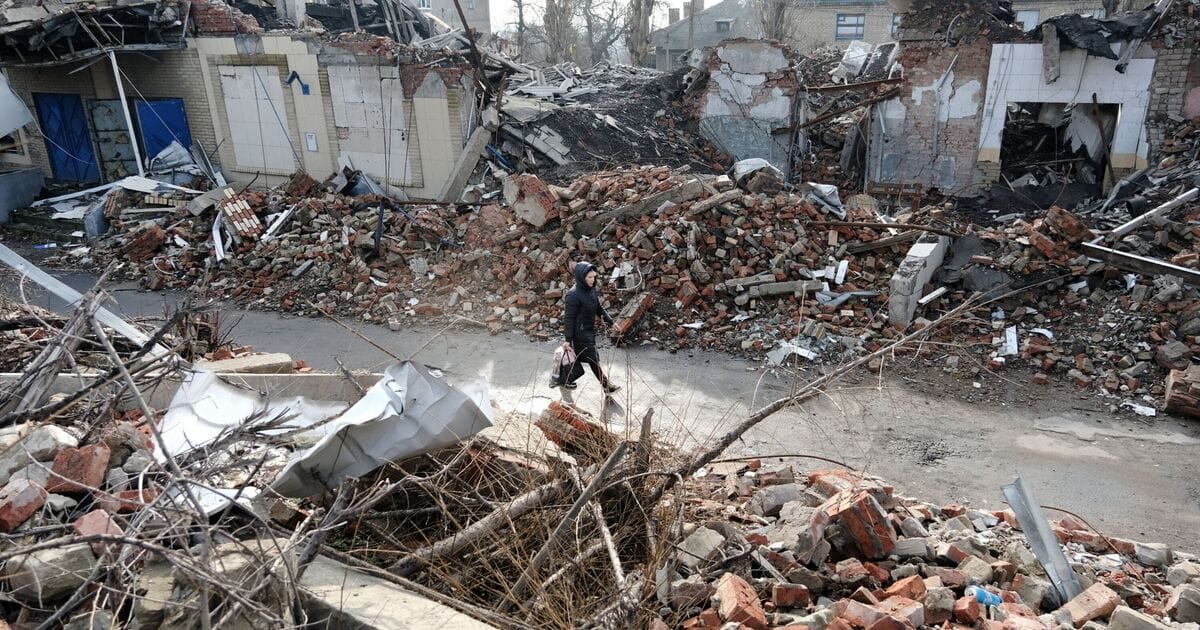Olaf Scholz’s Germany has been accused of being a major player in secret trade to Russia, using Putin friendly countries to export goods to Moscow.
The European Union has slapped a series of sanctions on Russia, in a bid to undermine Putin’s war in Ukraine.
Key sectors of the Russian economy have been targeted by the sanctions’ regime.
These include energy, transport, aviation, the defence industry, commodities and services.
While there is no direct evidence that German companies are busting sanctions, a substantial increase in trade to countries with close relations with Moscow has been observed, since the outbreak of war in February 2022.
Robin Brooks, a senior fellow at the at the Brookings Institute, accused German politicians of allowing this “grey” trade to continue unabated.
“Of all countries, Germany should have been a moral leader after Russia invaded Ukraine,” he said in a post to his X social media account.
“Instead, the awful reality is that Germany is a leader on trans-shipments of Western goods to Russia via places like Georgia.
“People want moral leadership. This is the opposite and is shameful.”
Mr Brooks attached a graph with the post that shows a huge spike in German trade with Georgia after Putin’s invasion.
The chart shows that Germany traded roughly $30 million (£23m) worth of goods with Georgia in March 2022.
By August 2024 trade with Georgia had tripled to around $120 million (£92m) in what appears to be a remarkable growth in exports.
The former chief economist at the Institute of International Finance noted that Germany was not alone in seeing its exports jump to Russian friendly countries.
“Sad reality is that all EU countries are falling over themselves exporting to Central Asia, the Caucasus and Turkey,” he said.
“The only exception are Sweden and Finland, who have moral leaders…”
German exports to Russia fell sharply in the immediate aftermath of Putin’s full scale invasion of Ukraine.
German trade with Russia came to $32.1 billion (£24bn) in 2021, falling to $15.72 billion (£12bn) in 2022. Last year the figure dropped again to $9.9 billion (£7.5bn).





